Question Fragment #3,297 or so
One reason we should read is....
One reason we should read is....
...reasonable enough. nothing wrong with loving our fellow humans (or at least a fellow human) and I do love to read!
But if reading is so good and so important for us individually (and it is for me) and society...
...what are the implications of reading trends?
...after all, it seems reasonable to suspect that one reason articles appear that celebrate reading and reports are conducted regarding the important role of reading is the fear and anxiety among some (and not just the literati) regarding disturbing reading trends.
..this occasions some random and various thoughts that begin begin with a questions about reading and reading habits, empathy, manners and the prospects for the common good...
...Is reading able to nurture empathy?

...If so it is a reading a major positive civilizing force?
...Assuming reading plays a critical role in teaching empathy is (as studies/articles have long suggested)..
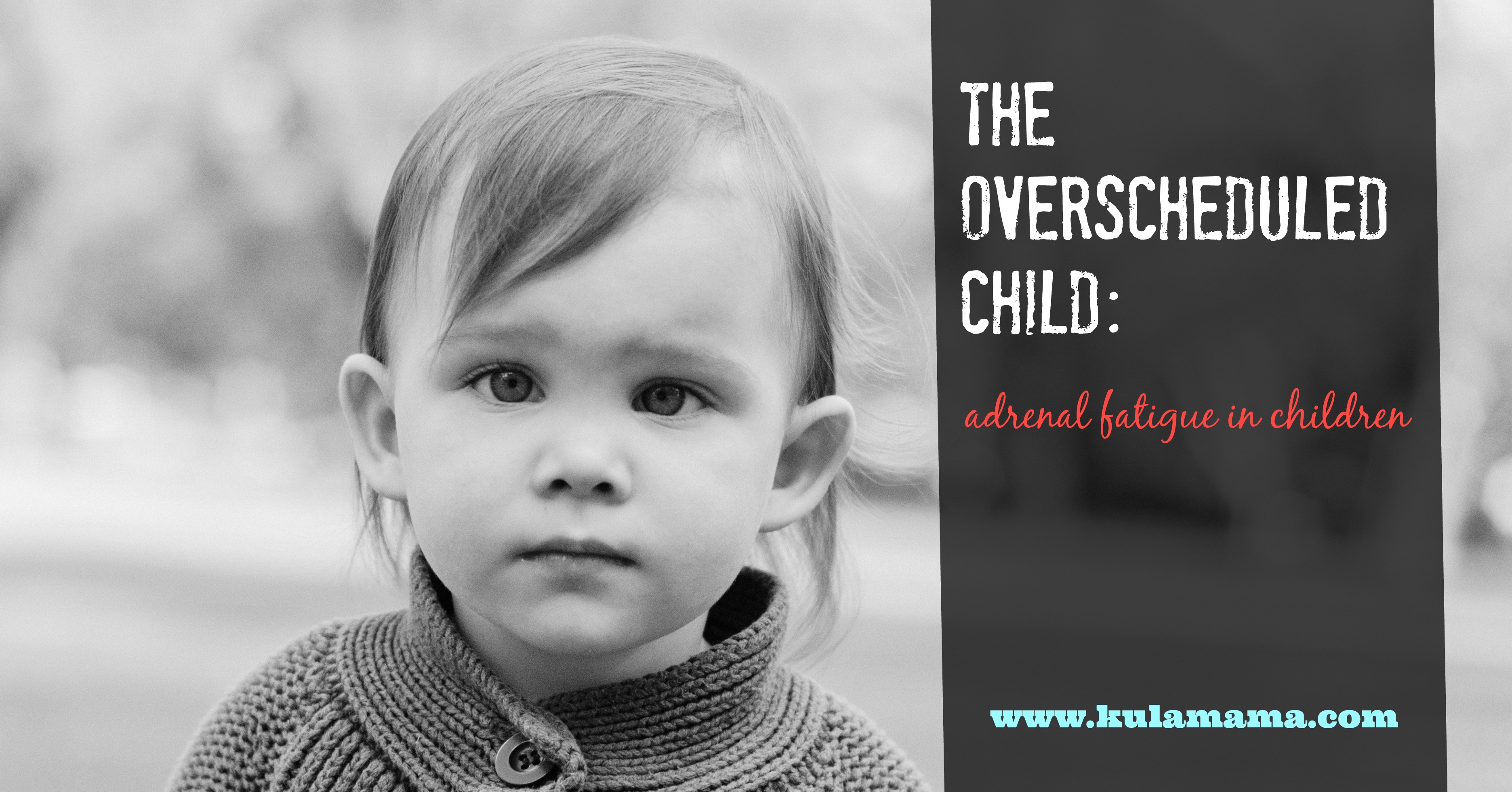




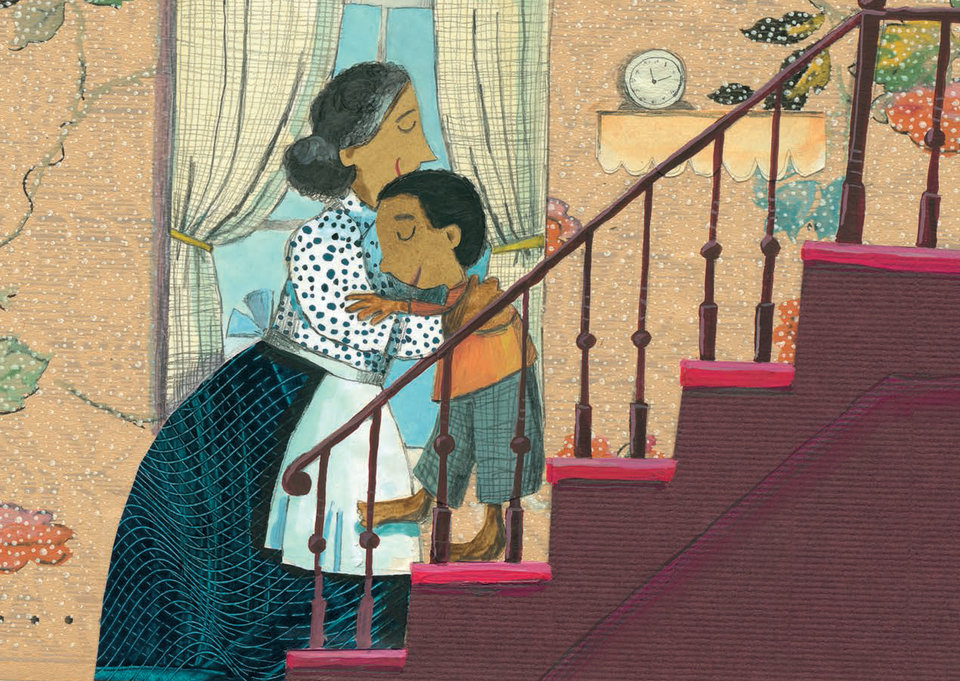






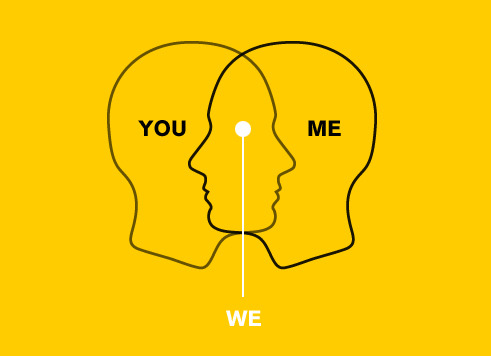

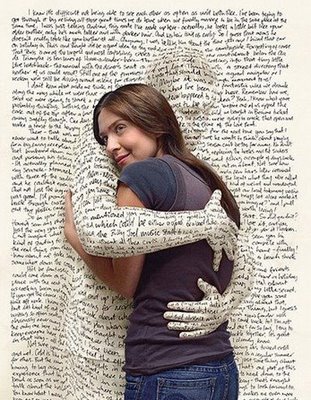

If there is a waning trend in literacy....

...is there also a waning trend in empathy (a shallowing) of the depths of feeling opened by the empathy reading previously taught...

Or, has the primary role of reading in nurturing empathy been replaced reading by something else.....



If there is a waning trend in literacy....

...is there also a waning trend in empathy (a shallowing) of the depths of feeling opened by the empathy reading previously taught...

Or, has the primary role of reading in nurturing empathy been replaced reading by something else.....

....and is a new (digital?) medium facilitating the civilizing growth of empathy?

Or is are new digital mediums giving birth to other trends?
...WHAT? - ANYONE FOR SECOND THOUGHTS?
READING-NAZIS?
If reading plays a central a role in nurturing empathy, than the expectation would be that Nazi Germany society, a society which much fully exemplifies the absence of nurturing empathy, would also be the most illiterate of all societies. According to Richard Bessel in Fascist Italy and Nazi Germany," illiteracy in Germany had virtually vanished by 1900"
READ MY SELFIE!
If the central role of reading in nurturing empathy had been replaced, or at least supplanted by one or more new mediums, we would expect that the social presence of empathy would have, at the very least, remained stable over the past thirty years -if not increasing over the same period due to readings replacement by more effective vehicles for teaching empathy. If I speculatively term this is the "Golden Age of the Selfie" the implication would be that empathy today is a shallowing pool (given the increasing focus on selfies). A brief glance at research seems to support the observation that self the trend in empathy is negative: "The research, led by Sara H. Konrath of the University of Michigan at Ann Arbor and published online in August in Personality and Social Psychology Review, found that college students’ self-reported empathy has declined since 1980, with an especially steep drop in the past 10 years. To make matters worse, during this same period students’ self-reported narcissism has reached new heights, according to research by Jean M. Twenge, a psychologist at San Diego State University" (Scientific American - What, Me Care? - January/Febuary 2010).
REAL PLAYERS FEEL IT -
A 2014 article in Psychology Today by Peter Gray asks "Why Is Narcissism Increasing Among Young Americans?" and suggests the reason "70 percent of students today score higher on narcissism and lower on empathy than did the average student thirty years ago" may be a deprivation of free play.
Why is free play at the root of this trend (well as the trend towards increased depression and anxiety, and decreased creativity among children and adolescents)? Gray suggests its because of the central role free play (play unregulated by adults) serves a critical role carved out over thousands of years of evolution for teaching empathy: "
Children’s strong drives to play came about, through natural selection, to serve many purposes. As I have explained in previous essays, play is a means by which children practice creativity, practice taking charge of their own lives and solving their own problems, practice rule-following and impulse control, and practice the art of regulating their own emotions. And, as part of all this, play is also how children learn to live socially, on an equal footing with their fellow human beings. Nature’s way of insuring that we survive as social beings was to implant in us, as children, a powerful drive to play with other children."
NAZI'S AT PLAY? -
How did Nazi's play? To make the answer short, its perhaps enough to cite the master strategist of hate who virtually wrote the book on how to drain empathy from society, and say that Nazi play was not free play, but rather a comprehensive program in which children graduated from one Nazi program (say the Pimpf for 6-10 year old) and moved to the next stage of organized activities culminating with the Hitler Youth where children moved from the memorization of Nazi rule-books/texts to paramilitary exercises, skills training and hate training:
"My program for educating youth is hard … weakness must be hammered away. In my castles of the Teutonic Order, a new youth will grow up, before which the world will tremble. I want a brutal, domineering, fearless and cruel youth. Youth must be all that. It must bear pain. There must be nothing weak and gentle about it. The free, splendid beast of prey must once again flash from its eyes…That is how I will eradicate thousands of years of human domestication…That is how I will create the New Order."

For want of a nail, the shoe was lost;
For want of a shoe, the horse was lost;
For want of a horse, the rider was lost;
For want of a rider, the message was lost;
For want of the message, the battle was lost;
For want of a battle, the kingdom was lost,
And all for the want of a horseshoe nail
For Want of a Nail -
In the famous for a want of a nail poem an entire kingdom is lost through a series of connected events that begins with the lose of a nail. Perhaps today's version is the small embattled kingdom of a civilized and empathetic humanity is lost through want, not of reading necessarily, but through want of time for free-play:

But seriously....
 or not...
or not...

















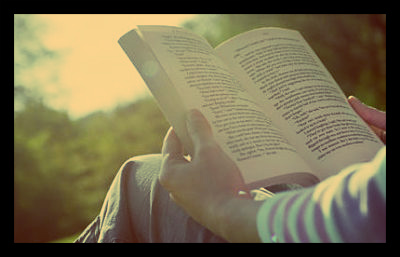


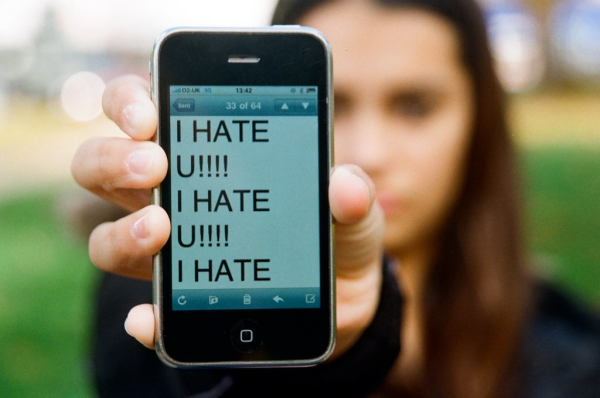



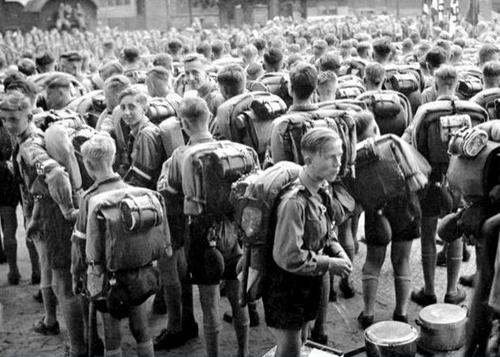

No comments:
Post a Comment